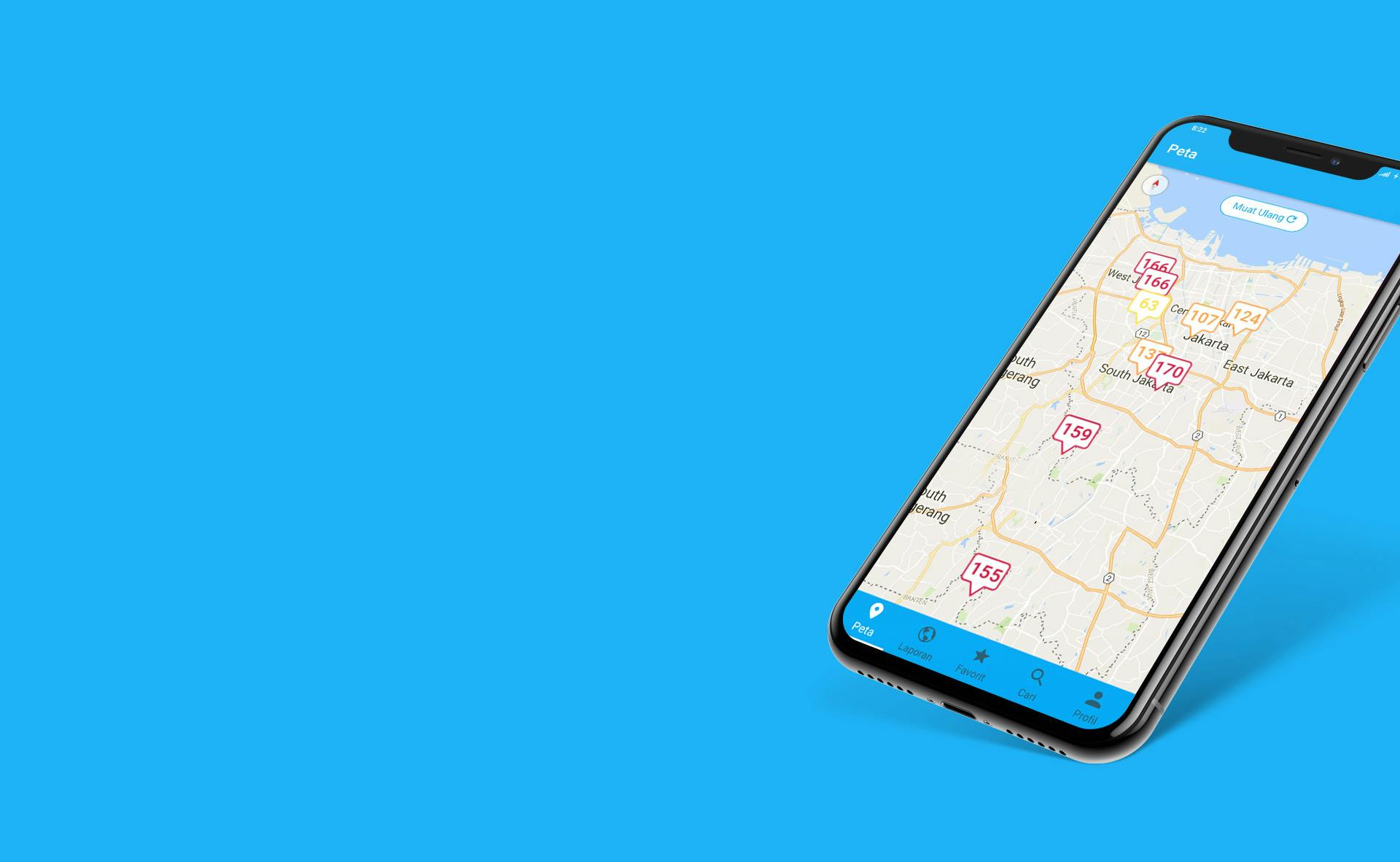Years of unbridled development and growth have made smog and air pollution obvious in cities like New Delhi and Beijing, but it’s challenging to raise awareness of similar threats in cities where air quality isn’t yet so visibly problematic.
That is the situation facing Greenpeace in Indonesia. Evidence shows that pollution in Jakarta and Indonesia’s other major cities is getting worse. But communicating this effectively has been difficult. “It’s not very easy, because Jakarta is not yet like Beijing,” said Leonard Simanjuntak, Greenpeace Indonesia’s country director. “The sky is not yet dark.”
Greenpeace Indonesia decided to bridge this gap by using technology to put pollution data into public hands. Late in 2017, it launched its first mobile app, UdaraKita (“Our Air”), a source of air-quality information for urban dwellers that draws from a network of sensors in the large cities of Jakarta, Surabaya, and Bandung.
“The government does not provide people with data,” said Hindun Mulaika, an energy campaigner at Greenpeace Indonesia. “There are very limited air-monitoring tools in place, and [the data] is not publicly accessible.”
“We need tools that can communicate directly to people,” said Hindun. “The app has an education focus because we found it is difficult to build a movement when you are dealing with people who do not have enough awareness.”
UdaraKita has been downloaded over 10,000 times since its release.











